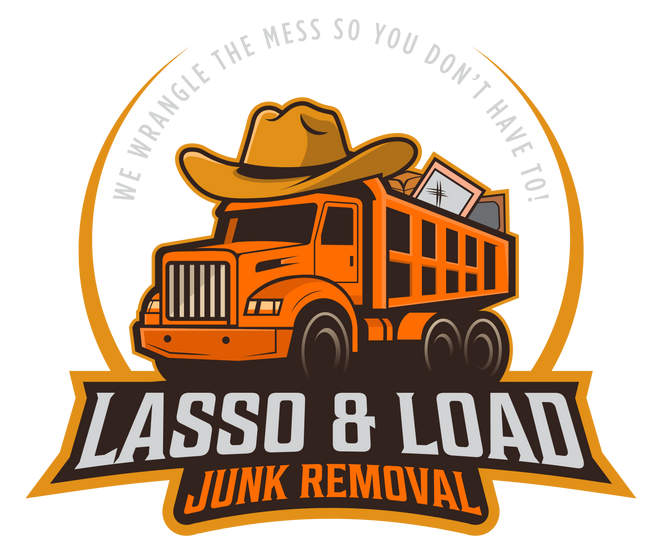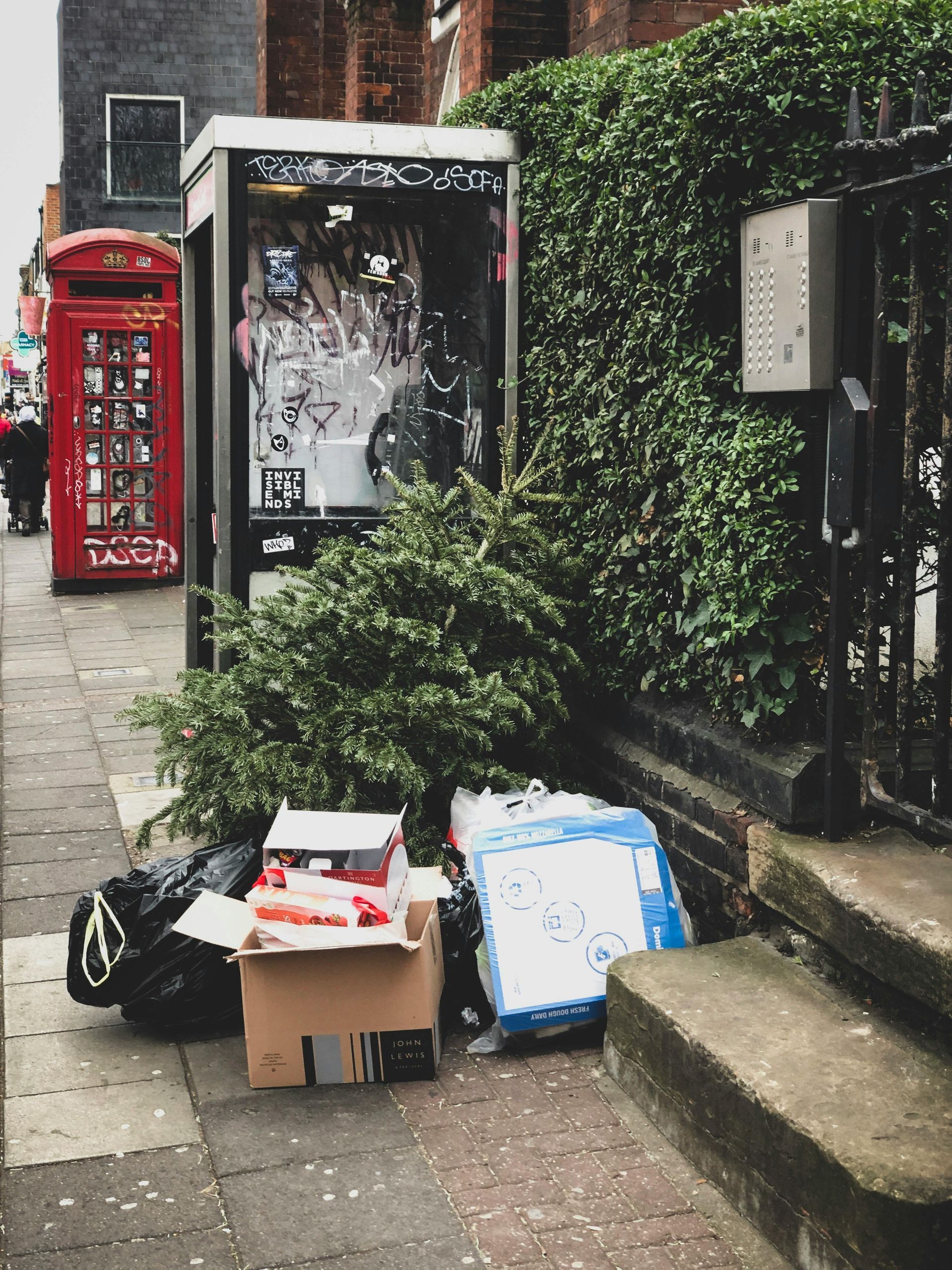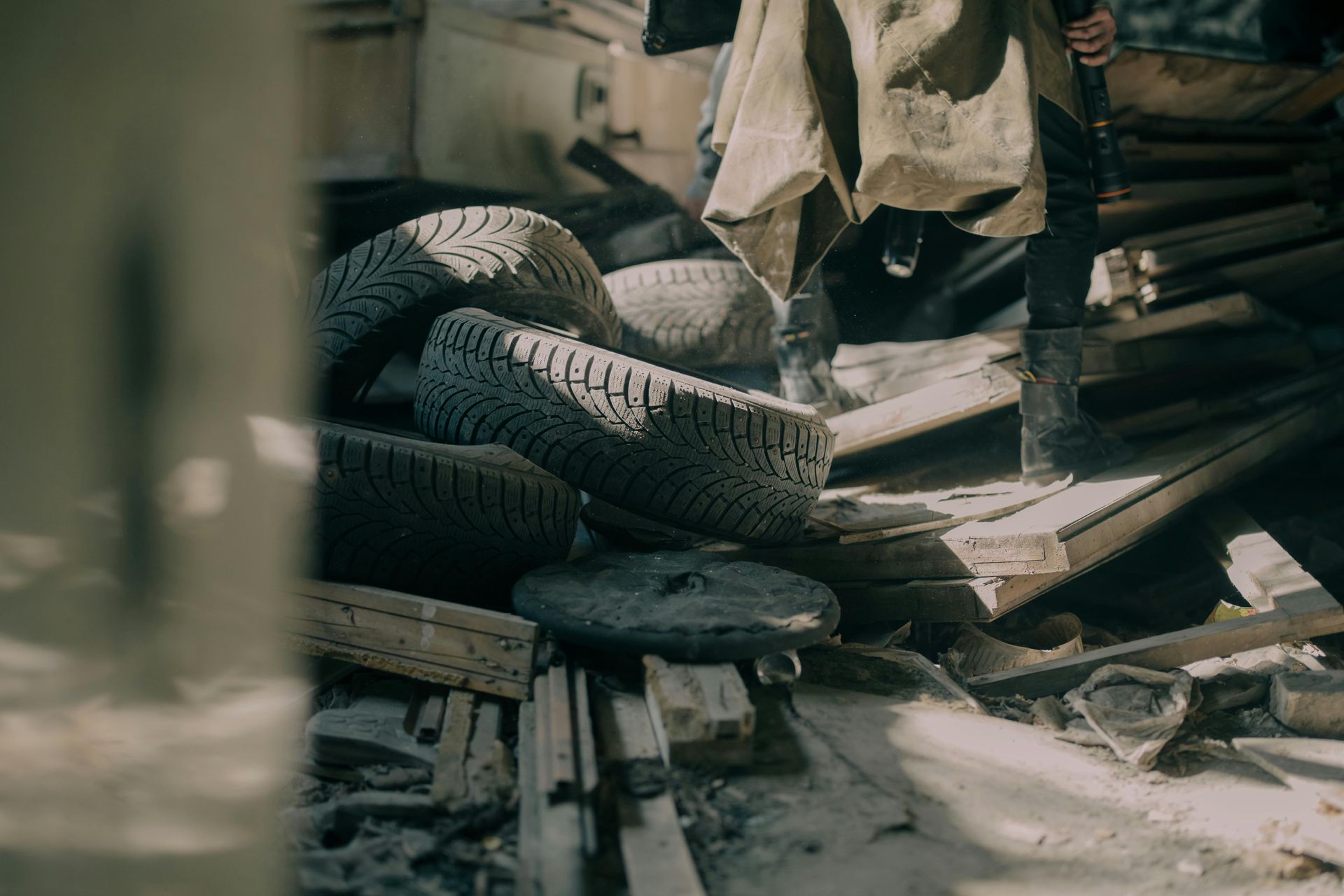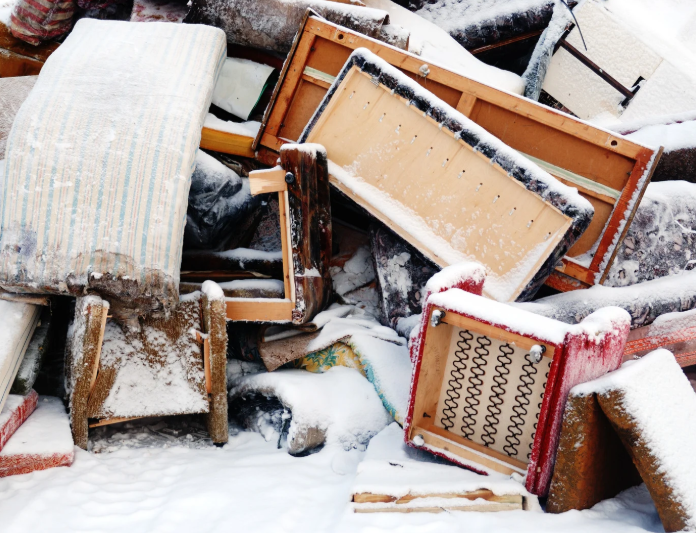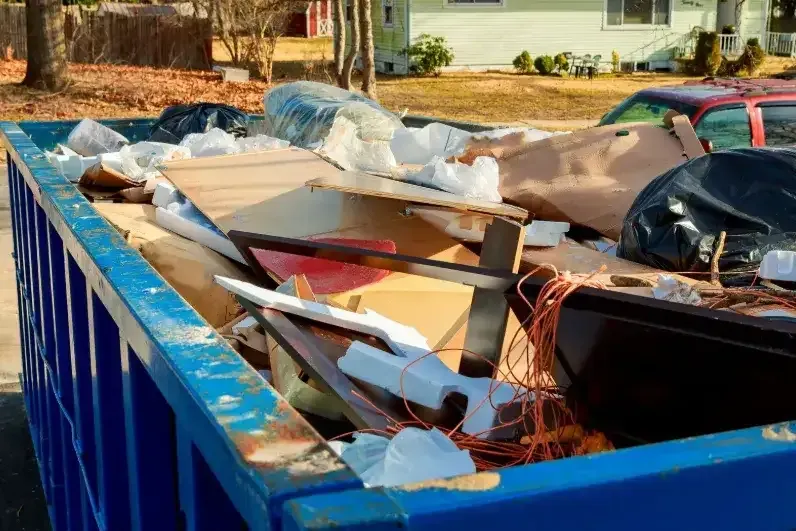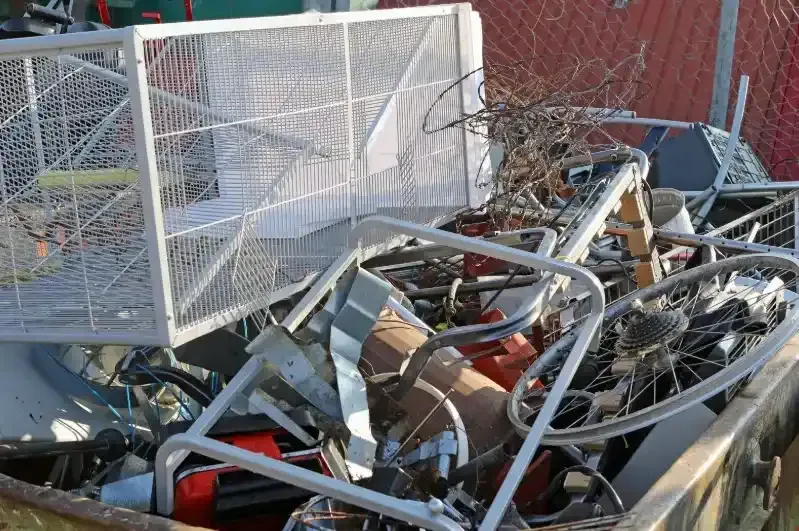Why E-Waste Disposal Should Be a Top Priority for Homeowners and Businesses
In an era defined by rapid technological advancement, electronic devices are constantly being replaced with newer, faster, and more efficient models. This creates a surplus of outdated electronics—phones, laptops, tablets, printers, monitors, and more—collecting dust in homes and offices or, worse, being irresponsibly discarded. These discarded devices contribute to a mounting global issue known as electronic waste, or e-waste.
While it may seem harmless to toss an old gadget into the trash, e-waste is packed with toxic substances like lead, mercury, and cadmium that can seep into the soil and water, posing significant environmental and health risks. On the flip side, these same devices contain valuable metals that can be recovered through responsible recycling. That’s why homeowners and businesses alike must recognize e-waste disposal not just as a practical task, but as a vital environmental duty that protects communities and conserves essential resources for future generations.
The Growing Challenge of E-Waste
Electronic waste—or e-waste—has quietly become one of the fastest-growing waste streams in the world. It includes everything from retired desktop computers and ancient cellphones to forgotten kitchen gadgets and worn-out televisions. As consumers and businesses alike clamor for the latest tech upgrades, our collective pile of discarded electronics balloons at an alarming rate. What’s particularly troubling is that e-waste doesn’t disappear harmlessly; it often ends up in landfills or incinerators.
When that happens, dangerous substances like lead, mercury, and cadmium leach into the environment. These toxins don’t stay put—they migrate into the soil and nearby water systems, infiltrating ecosystems and, eventually, the human food chain. The consequences? Long-term environmental damage and serious health risks for people who may not even realize they’re being exposed. The rapid pace of innovation comes at a hidden cost, and unless we take proactive steps to curb our electronic waste problem, we’ll be left managing a toxic legacy. It’s no longer a question of if we should act—but how urgently we must.

Environmental Implications
Improperly discarded electronics are more than just an eyesore—they’re an environmental threat hiding in plain sight. Beneath their plastic casings and glass screens, electronic devices harbor a cocktail of valuable but volatile elements. Materials like gold, silver, palladium, and copper can all be extracted and reused, but when devices are tossed aside and left to rot, those resources are lost forever.
Even worse, the breakdown of e-waste in unregulated dumps releases toxins into the soil, air, and groundwater. Mining for raw materials to produce new electronics is already a destructive process that scars landscapes and consumes enormous amounts of energy. When we fail to recycle, we perpetuate that cycle. On the other hand, reclaiming these valuable metals through proper recycling can significantly reduce the demand for new mining operations. Furthermore, manufacturing new devices requires tremendous energy—energy that could be saved if we reused components already in circulation. E-waste isn’t just a waste of space. It’s a waste of opportunity, and our planet can no longer afford that luxury.
Health Risks
The dark underbelly of e-waste disposal isn’t confined to environmental destruction—it creeps into the realm of public health with devastating consequences. Electronics that end up in landfills or informal recycling operations don’t just sit quietly; they break down and release toxic materials that can wreak havoc on the human body. Lead, often used in circuit boards, can impair brain development, particularly in children. Mercury and cadmium, found in batteries and other components, can damage vital organs over time.
Workers in the informal e-waste sector, especially in developing countries, are often exposed daily to these hazards without protective gear or proper training. They burn, dismantle, and process electronics by hand, inhaling noxious fumes and absorbing toxins through their skin. But it’s not just the workers who suffer. Communities living near these processing areas also report increased cases of respiratory problems, skin conditions, and even birth defects.
Data Security Concerns
While environmental and health hazards dominate the e-waste discussion, there’s another danger lurking within outdated electronics—your data. When you retire an old phone, laptop, or external hard drive, chances are it still holds sensitive information. Photos, bank statements, client records, login credentials—they’re all potentially stored in those forgotten circuits. Many people assume deleting files or performing a factory reset is enough, but in reality, data can often be recovered with minimal effort using widely available tools. This opens the door to identity theft, corporate espionage, and even fraud.
Businesses are especially vulnerable, as data breaches from improperly disposed of electronics can lead to massive legal liabilities and irreparable reputational damage. Secure e-waste disposal requires thorough data destruction—something that isn’t always possible with a casual trip to the curb or donation drop-off. Professional junk removal services that specialize in electronics understand the importance of destroying data before recycling begins. In today’s digital world, protecting your information is just as crucial as protecting the planet. Disposing of devices carelessly is an invitation to risk.
Regulatory Landscape
As the e-waste crisis intensifies, governments around the globe are scrambling to put guardrails in place. Laws and regulations now exist in many regions to ensure that electronic waste is handled responsibly, with guidelines that dictate everything from how devices are collected and sorted to how hazardous materials must be managed. In the United States, certain states have enacted e-waste recycling mandates, requiring manufacturers to participate in take-back programs or fund disposal efforts.
For businesses, staying compliant with these laws isn’t just good ethics—it’s mandatory. Failure to follow regulations can lead to hefty fines, legal consequences, and public backlash. For homeowners, knowledge is power. Understanding what can and can’t be thrown in the trash helps ensure compliance at the individual level. As regulations continue to evolve, so too must our awareness and participation. Following the rules on e-waste isn’t about red tape—it’s about responsibility.
The Role of Professional Junk Removal Services
Navigating the maze of proper e-waste disposal can be overwhelming. What can be recycled? What needs to be dismantled first? Where should it go? Most people don’t have the time, tools, or know-how to deal with these questions. That’s where professional junk removal services step in to simplify the process. These experts are not only equipped with the right tools and trucks, but also the knowledge required to handle electronics safely, legally, and sustainably. They know which components can be salvaged, which ones are hazardous, and which recycling partners meet environmental standards.
Whether you're a homeowner trying to clean out a cluttered garage or a business upgrading office equipment, these services remove the guesswork—and the risk. They also help ensure your data is securely destroyed before any device is recycled. With proper documentation, peace of mind, and a clear conscience, hiring a professional junk removal team is more than just convenience—it’s a commitment to doing what’s right. Your old electronics deserve a better fate than the landfill.
Community and Corporate Responsibility
Solving the e-waste crisis isn’t something one person—or even one organization—can do alone. It takes a united effort, with both community members and corporations stepping up to take action. For local communities, this could mean hosting e-waste collection events, where residents can safely drop off old electronics without worrying about where they’ll end up. Public education campaigns also help raise awareness about what e-waste is and how it should be managed. At the corporate level, businesses have an even greater role to play.
They can initiate employee recycling programs, create product take-back incentives for customers, or partner with certified e-waste recyclers to ensure responsible disposal. By weaving sustainability into their operational fabric, companies not only improve their public image but also reduce the environmental burden created by their products. The synergy between community-driven efforts and corporate accountability is where real progress happens. Every laptop returned, every phone recycled, every awareness poster printed—it all adds up. In the fight against e-waste, no action is too small when multiplied across a population.
The Unseen Cost of E-Waste Neglect
It’s easy to let old gadgets pile up in the corner of a storage unit, tucked behind boxes of forgotten cords and cracked keyboards. But here’s the rub: e-waste isn’t just clutter—it’s chemically active debris. Even when sitting dormant, devices can slowly leak lead, cadmium, and other toxic materials into nearby surfaces. Your business's basement or your home's garage could be hosting a slow-burn environmental hazard.
Most homeowners don’t realize that improperly discarded electronics can end up in local landfills where they break down and contaminate soil and groundwater. And for businesses, the stakes are even higher—data security risks escalate when outdated machines are tossed without proper disposal protocols. It’s not just about mess; it’s about liability, responsibility, and forward-thinking environmental stewardship.
Conclusion
The rapid advancement of technology has undoubtedly made our lives easier and more connected—but it has also brought with it the mounting issue of electronic waste. As more devices become obsolete, the need for responsible disposal becomes increasingly urgent. E-waste is more than just clutter—it’s a significant environmental hazard, a health concern, and a potential data security threat. Proper handling of electronic waste is not just a best practice; it’s a shared responsibility that both homeowners and businesses must take seriously.
Whether you’re clearing out old office equipment or replacing outdated household gadgets, taking steps to dispose of e-waste properly can make a real difference. For those in Gwinnett County, Lasso & Load Junk Removal is your trusted local partner in this effort. Their team provides professional, eco-conscious e-waste removal services tailored to your specific needs. With a strong emphasis on environmental stewardship and secure handling, you can rest easy knowing your electronics are in capable hands. To schedule a pickup or learn more, call 404-227-2017 or email Lauren.renwickk@gmail.com. Together, we can build a cleaner, safer future—one device at a time.
